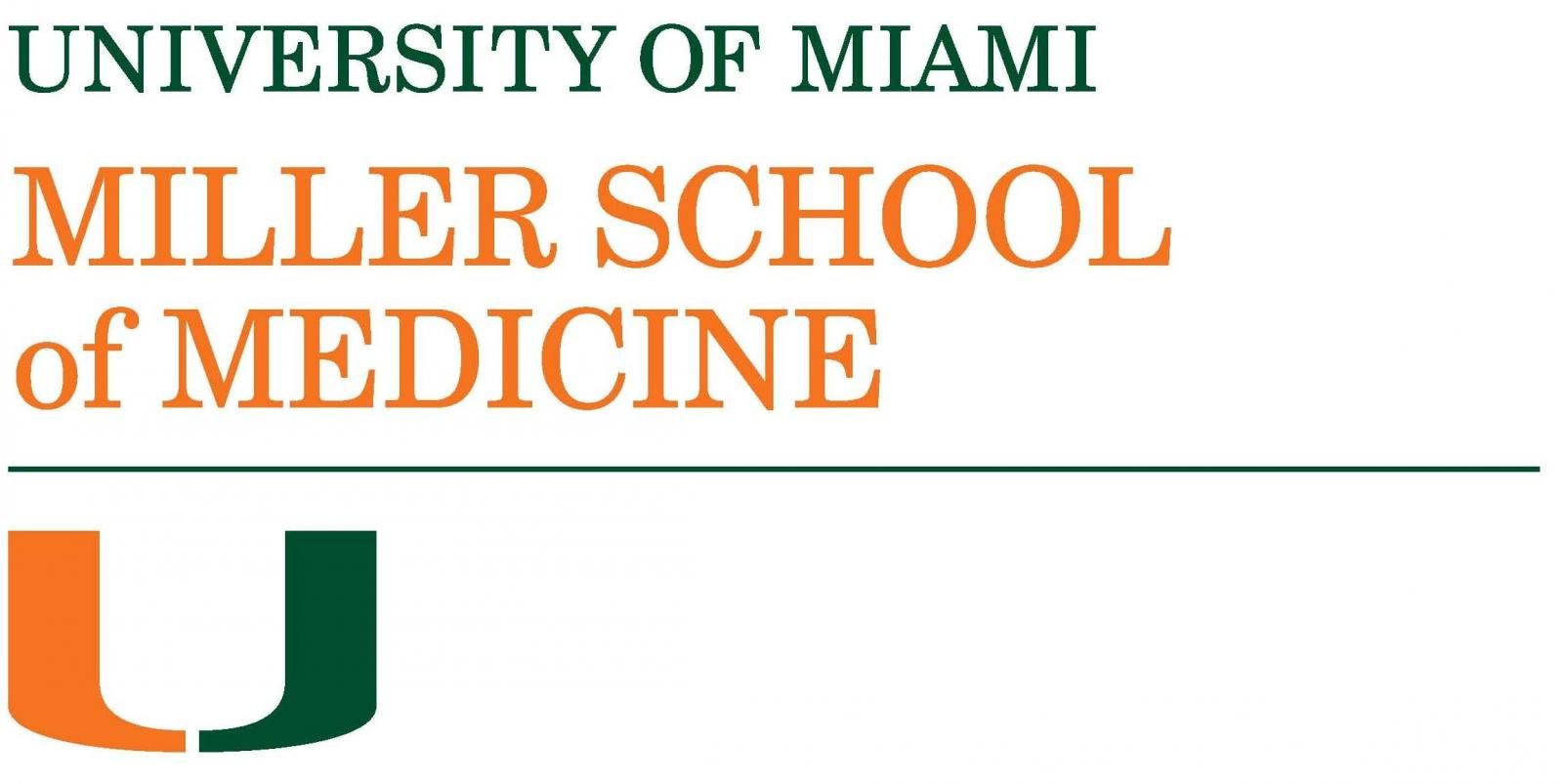
Expanding the Pathways to Treat Dementia With Lewy Bodies: James Galvin, MD, MPH

The director of the Comprehensive Center for Brain Health at the University of Miami Miller School of Medicine detailed the need for improved biomarkers of dementia with Lewy bodies and whether research in Alzheimer disease helps propel the field. [WATCH TIME: 3 minutes]
WATCH TIME: 3 minutes
"While we learned a lot from lecanemab’s presentation of its successes, I think we learned just as much, if not more, from a presentation like gantenerumab’s so we can understand maybe why it didn’t work. That’s going to help the field in many ways, almost as much as a successful study."
Several industry leaders, including Cognition Therapeutics, have been trying to break the spell of approved therapies for dementia with Lewy bodies (DLB). The company’s investigational agent, CT1812, is being assessed in a phase 2, double-blind, placebo-controlled study (NCT0522514) featuring 120 adults aged 50 to 80 years old with DLB. Supported by a $30 million grant from the National Institutes of Health’s National Institute on Aging, the study will assess outcomes such as safety, along with changes in cognitive performance, physical activity, and pharmacokinetic and pharmacodynamic biomarkers.
CT1812, an orally bioavailable, brain penetrant small molecule antagonist of the sigma-2 receptor complex, has shown an ability to significantly and dose-dependently displace amyloid-ß oligomers bound to synaptic receptors in preclinical models.
Galvin, professor of neurology, and director, Lewy Body Dementia Research Center of Excellence,
Newsletter
Keep your finger on the pulse of neurology—subscribe to NeurologyLive for expert interviews, new data, and breakthrough treatment updates.










